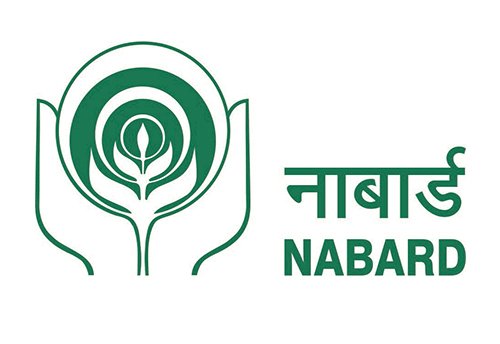Tuesday, 24 February 2026

In a strategic move to align Indian agriculture with global climate finance, the National Bank for Agriculture and Rural Development (NABARD) has launched its first carbon credit initiative in Karnataka. The pilot program, spearheaded by NABARD Consultancy Services (NABCONS) in collaboration with the state horticulture and forest departments and backed by Dutch banking giant Rabo Bank, marks a bold step in monetizing sustainable farming practices through the emerging carbon market.
The project is being implemented in the Koppal district and currently involves 3,500 mango farmers. Focused on plantations less than five years old, the initiative aims to generate carbon credits by incentivizing climate-smart agroforestry techniques—primarily through biomass management and border tree planting.
Under the model, participating farmers cultivate select tree species that have the potential to absorb greenhouse gases, thereby contributing to global carbon offset goals. Eleven plant species were shortlisted during the planning phase, with mango chosen for initial deployment due to its widespread presence in the region and compatibility with existing horticultural practices. Field border plantations are an integral part of the design, with the state forest department supplying saplings at no cost to participating farmers.
The pilot, although signed in July 2024, has faced delays in payment disbursements to farmers—largely attributed to the complex protocols around carbon credit validation, third-party audits, and international compliance benchmarks. Formal carbon assessments are underway, and once verified, disbursements are expected to begin—unlocking new income streams for farmers who adopt carbon-sequestering practices.
While operational hurdles persist, the broader intent of the initiative remains firmly rooted in climate resilience, rural income diversification, and enabling smallholder farmers to access global green finance. The model echoes similar efforts in Andhra Pradesh’s Anantapur district, where farmers reportedly earned between Rs 20,000 and Rs 40,000 per hectare through carbon credit-linked agroforestry interventions.
Despite growing interest from policymakers and international buyers—especially with the European Union and private corporations aggressively sourcing carbon credits—grassroots awareness and farmer education remain critical gaps. In many regions, growers still lack clarity on the mechanics of carbon trading, the timelines for return, and the entities responsible for valuation and payout.
Karnataka’s mango economy spans over 1.5 lakh hectares and supports more than 2.8 lakh farmers across districts such as Kolar and Ramanagara, positioning it as a strong candidate for carbon-linked revenue models. The region’s agroforestry potential, combined with institutional backing and global market interest, provides fertile ground for scaling such initiatives.
India’s forthcoming national carbon market, slated to integrate the voluntary and compliance-based systems, is expected to further catalyze interest in agricultural carbon projects. Development economists and climate experts point to the South’s vast agroecological diversity as an asset, with potential to anchor a new era of farm-based carbon revenue.
As preparations begin for expanded implementation—including fresh tree planting expected by September—the Karnataka pilot stands as a litmus test for India’s ability to merge environmental goals with equitable rural economics. For NABARD and its partners, the challenge ahead will be to ensure transparency, build farmer trust, and design scalable payment mechanisms that turn promise into predictable progress.